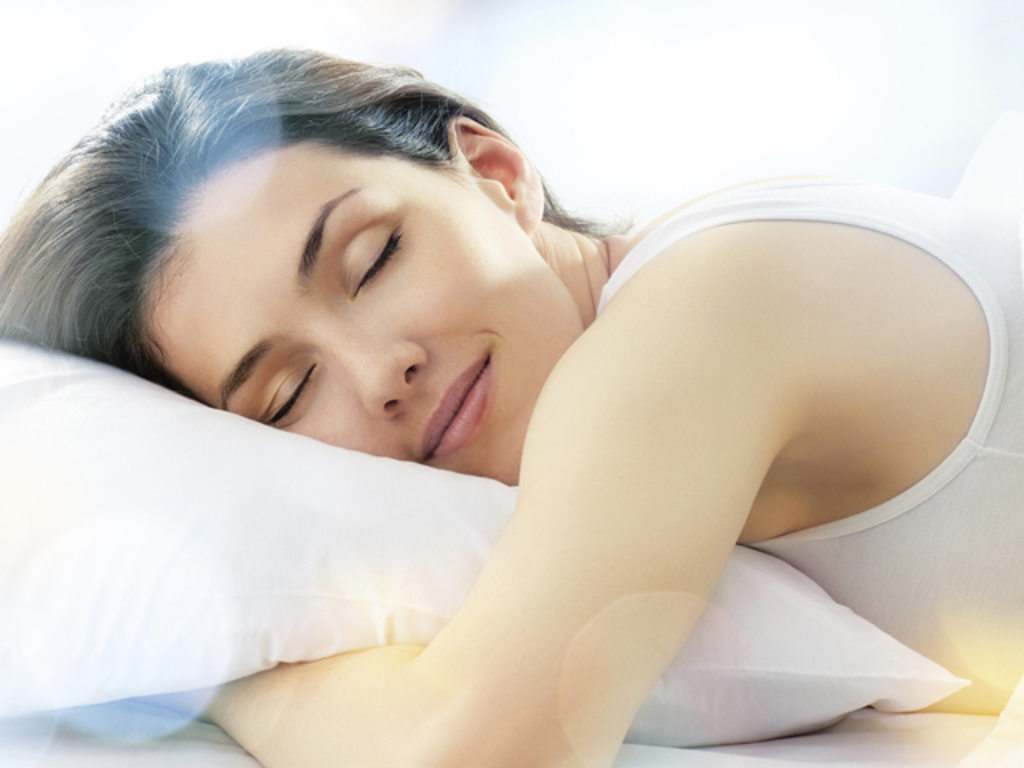Feeling tired? Sleep Lab Helps
Sleep. All of us need it. Some of us crave more of it. But who has time when there is so much to do?
But sleep is very important, according to Scott Solnosky, director of Cardiopulmonary Services, which includes The Sleep Lab, at Penn Highlands DuBois.
Over 50 million adults in the United States do not get adequate sleep, according to the Centers for Disease Control. Insufficient sleep is associated with a number of chronic diseases and conditions, such as diabetes, heart disease, obesity and depression. It is also responsible for vehicle and machinery-related accidents costing the lives of those who are at fault and innocent victims.
Are you tired?
There could be a simple solution – go to bed earlier. The recommended amount for an adult is 7-9 hours a night and more for those who are age 17 and younger.
The first thing to do is look at your sleep habits also known as your sleep hygiene, according to Barbara Himes, registered polysomnograher at DRMC. The best habits to have are to:
- Keep a regular sleep schedule, going to sleep and getting up at the same time each day, including the weekends.
- Make sure your bedroom is dark, cool and quiet. Sleep on a comfortable mattress and pillows.
- Reduce stress. Take time before to sit quietly to pray or meditate to lessen the effects of stress.
- Exercise! Regular physical activities improve sleep. Go for a long walk or get up and move – but do it hours before your bedtime not right before.
- Create a relaxing routine such as a soak in a hot bath or listening to soothing music about an hour before bed.
- Use your bedroom only for sleep and relations only. Avoid watching TV, using a computer or reading in bed. Turn off cell phones and anything with a screen a few hours before bedtime. The screen light activates the brain and interferes with your body’s internal clock.
- Finish eating at least 2-3 hours before your regular bedtime.
- Avoid caffeine and alcohol products close to bedtime, and give up smoking.
If changing your habits is not enough, then it may be time for a visit to The Sleep Lab at Penn Highlands DuBois where they test to diagnose sleep disorders. What are the signs of a disorder?
They are when you:
- Feel irritable or sleepy during the day;
- Have difficulty staying awake when sitting still or driving;
- Have difficulty concentrating or react slowly;
- Often get told by others that you look tired;
- Have trouble controlling your emotions;
- Feel like you have to take a daily nap or drink caffeine to keep going.
If you can relate to any description, you may have a sleep disorder. It might be time to talk to your physician about a sleep study.
Where is The Sleep Lab? It is a unit on the second floor of Penn Highlands DuBois West equipped to study patients under the guide of four registered polysomnographers – people who are specially trained to do sleep studies. With four over-sized rooms each with handicapped-accessible restrooms, some studies require overnight tests, and some tests can be done during the day. The lab monitors specific movements, breathing and heart rate to help a physician who specializes in sleep medicine determine what happens when your eyes are closed.
What are some general conditions that The Sleep Lab can test for or Penn Highlands DuBois office of Pulmonary/Sleep Medicine can help? They are:
- Insomnia - the difficulty falling asleep at night or getting back to sleep after waking during the night.
- Sleep paralysis - when you feel awake but cannot move.
- Hypersomnia - daytime sleepiness or prolonged nighttime sleep. It is a tiredness that urges for constant napping and disrupts normal life.
- Restless leg syndrome, or RLS - an almost irresistible urge to move your legs or arms while resting. It is an uncomfortable, tingly, aching or creeping sensation.
- Circadian rhythms disorder - when our internal biological clock that regulates our 24-hour sleep-wake cycle, known as our circadian rhythms, is thrown off. It leaves you feeling groggy, disoriented, and sleepy at inconvenient times.
- Snoring – often linked to apnea, a disorder that stops someone from breathing during sleep. Next week, our entire column will be devoted to this disorder.
- REM, rapid eye movement, disorder – is when REM sleep, the deepest sleep, doesn't occur.
- Narcolepsy - excessive, uncontrollable daytime sleepiness caused by a dysfunction of the brain. “Sleep attacks” occur while in the middle of talking, working or even driving.
- Shift work sleep disorder - occurs when your work schedule and your biological clock are out of sync.
- Sleep Walking, nightmares, night tremors and child bed wetting can also be evaluated. Jet lag is also a disorder but it is temporary after travelling across time zones. The symptoms typically appear within a day or two after flying across two or more time zones.
If you suffer from any disorder mentioned, talk to your family physician. For more information about The Sleep Lab at Penn Highlands DuBois, call Solnosky at 375-3522.

